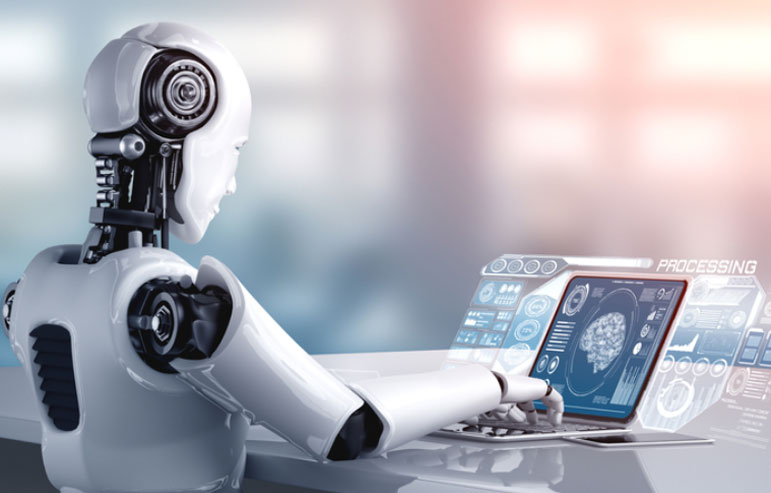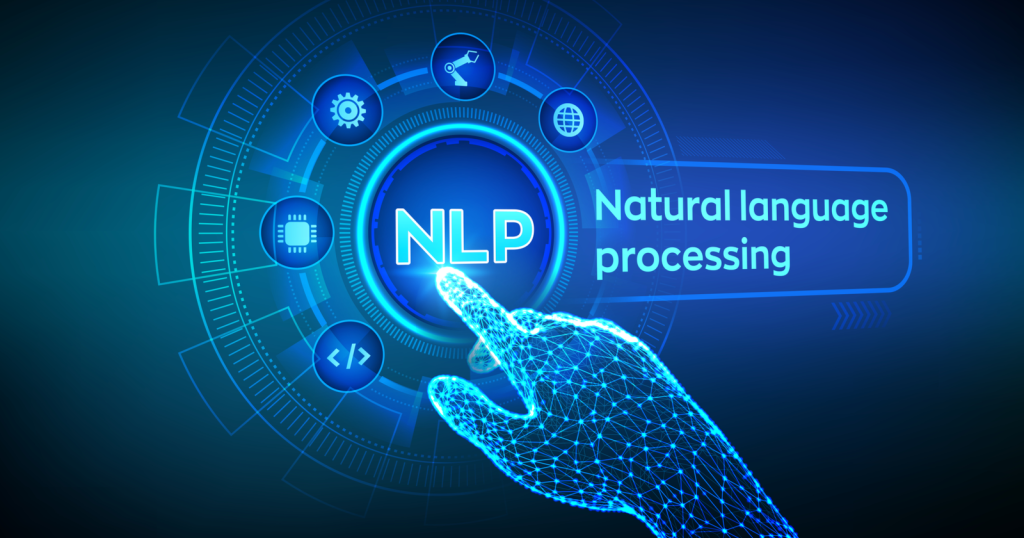
The shift to online learning due to the global pandemic has presented new challenges for students and educators, but technology offers potential solutions to make the learning experience more engaging and effective.
Virtual Classrooms offer a similar experience to being in a physical classroom, with live classes, discussions, and real-time interaction with teachers and peers. They also provide teachers with the ability to conduct assessments, provide feedback, and monitor student progress.
Learning Management Systems (LMS) provide a centralized platform for students and teachers to access all course materials, assignments, and assessments, making it easier for students to stay organized and track their progress. Teachers can also use the LMS to manage course materials, monitor student progress, and provide feedback.
Artificial Intelligence (AI) has the potential to greatly impact the way we learn by providing personalized feedback and guidance, as well as enhancing content creation. AI-powered tutors can help students better understand complex concepts and create engaging and interactive content.
Augmented Reality (AR) and Virtual Reality (VR) offer immersive learning experiences that traditional methods can’t provide. For example, VR can transport students to historical sites and interactive simulations, while AR can enhance textbook content and make learning more interactive.
Collaboration tools like Google Workspace and Microsoft Teams provide students with the ability to work together on projects and assignments, regardless of location. These tools allow students to communicate and share ideas in real-time, allowing for learning through collaboration.
In conclusion, technology has the potential to revolutionize education by providing new and engaging ways for students to learn. From virtual classrooms to collaboration tools, tech solutions can help educators and students meet the challenges of online learning and succeed in the digital age.


